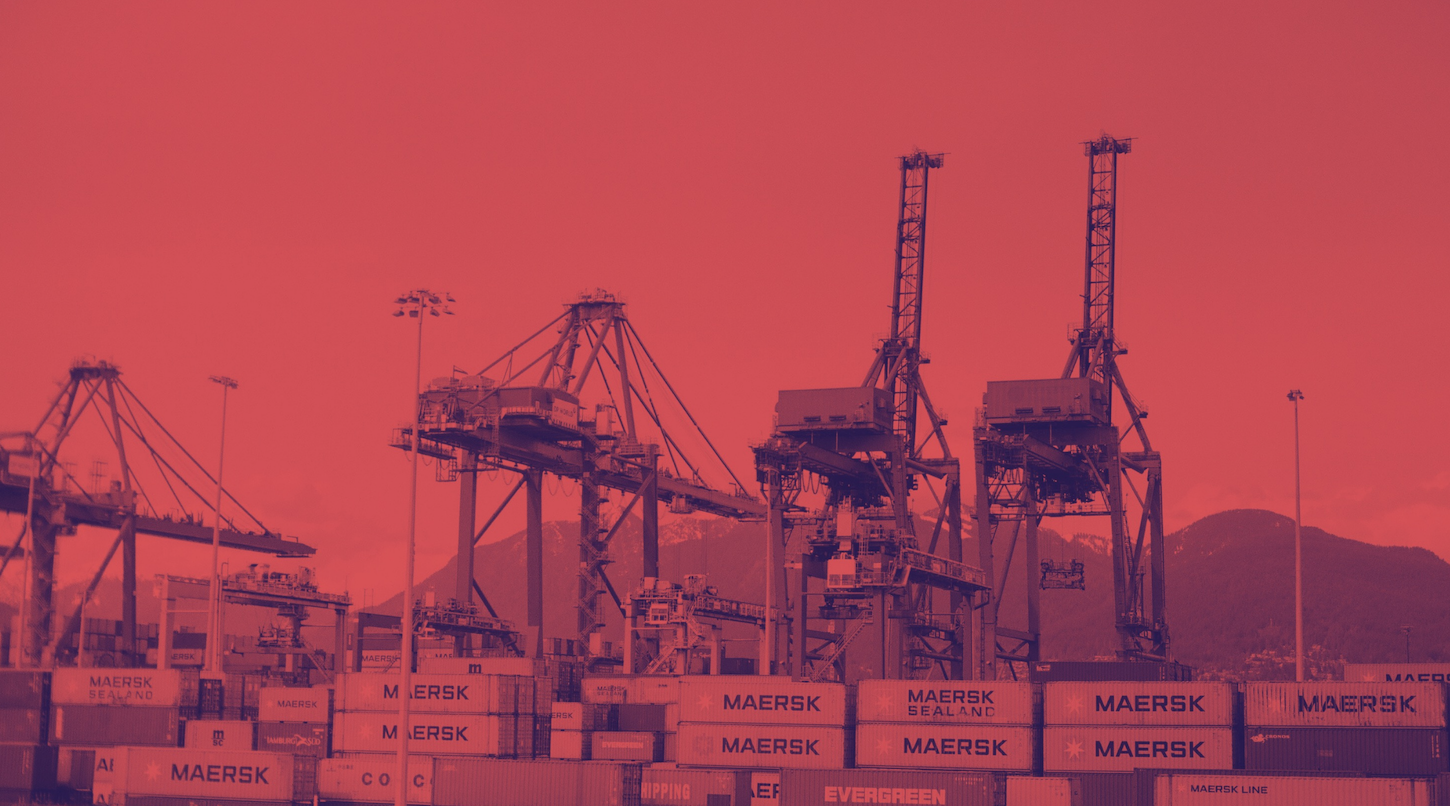
Column Series: Threats to Media
Written by Laura Sanzarello
The concept of democracy has been at the center of Western philosophical research for centuries, and through its various interpretations and adaptations, the active role of citizens remains its most valuable feature (Council of Europe, 2017). Over the principle of democratic governance lays the foundation of the European Union, which is strongly committed to guaranteeing freedom and participation through its Member States. In achieving stable and well-functioning democracies, the media plays an essential role, making up the main vehicle of information for the population and bridging the gap between institutions and societies.
It could be observed how the degree of freedom and independence of media outlets is proportional to the level of democratization of the country examined, concluding that a decline in the former constitutes an important indicator of the latter’s health. From this perspective, the current political landscape of Europe might provide the perfect portrait of a deteriorating system and the rise of a new wave of populist “hybrid regimes” (Gehrke, 2020). The economic crisis, a chaotic migration issue and destabilizing disenchantment towards institutions all contributed to arousing a feeling of distrust and scepticism across citizens with regard to the centrist political forces that for long have performed a stabilizing action within the European Union (Biswas, 2020). This situation created a fertile ground for far-right populist parties to conquer consensus by promoting a rejection of multiculturalism, appealing especially to the nationalist, strongly religious, low-income population worried by the prospect of a looming invasion by some concerning ‘them’ (Charnysh, 2017).
The establishment of far-right populist governments in Hungary, with the return to power as prime minister for Viktor Orbán, has marked the beginning of a fierce crackdown on the main independent news outlets of the country. For years Hungarian journalists have denounced continuous attacks from government officials acting with the clear aim of delegitimizing their work, promoting state-approved narratives and suppressing pluralism, while independent newspapers and broadcasters have systematically been stripped of funds for refusing to conform to government guidelines. The government has in several occasions attempted to undermine the credibility of reporters portraying them as traitors, spies, activists or ‘Hungary-haters’ (European Federation of Journalists, 2019). The unbearable conditions created by the government has toppled many of the most popular newspapers and broadcasters by forcing them out of business, or bending them under economic pressure. A further hit to media freedom last July saw the firing of Szabolcs Dull, editor-in-chief of the country’s main independent news outlet Index.hu, generate a collective desertion among the company’s employees, leaving the newsrooms in the hands of Orbán supporters (Human Rights Watch, 2020). This comes after the closure of another influential newspaper from the opposition, Nepszabadsag, in 2016 after the publication of a series of articles denouncing corruption among senior officials (BBC, 2016).
The long-lasting supremacy of right-wing extremism and conservatism also applies to Poland, where recent general elections have re-confirmed the ‘Law and Justice’ (PiS) nationalist party as the leading party. The government, led by President Andrzej Duda, has showed concerning signs of misalignment from the mainstream idea of a democratic European government, with the approval of laws reversing abortion rights, submitting the judiciary system to politicians and restricting media outlets and their published content (Gehrke, 2020; Pronczuk, 2020; Roache, 2019). State advertisement and public distribution has been diverted from news outlets that remain critical of the government, while their reporters are denied access to information and appointments with political figures (Stolarek, 2020). At the same time, laws have passed constricting international investments, facilitating the acquisition of networks and newspapers by national businessmen closer to the government (Reporters Without Borders, 2020). Similarly to the Index.hu case, a gloomy destiny seems to be ahead of Gazeta Wyborcza, Poland’s most influential publication, which remains critical of the government and pays the price of financial hardship, threats and discreditation (Roache, 2019).
A source of extreme concern is the possibility of such measures being exported to neighbouring countries, jeopardising the delicate process of democratic consolidation across the Eastern Bloc. Eyes have already turned to Slovakia, Albania, Czech Republic and Bulgaria, where politicization of media and instrumental laws targeting journalists are on the rise (Selva, 2020).
The cases of Hungary and Poland arguably represent the most worrying sign of a crisis of democratic values inside the European Union, where a growing sense of tolerance and acceptance for far-right parties and ideologies challenges their institutional condemnation (Biswas, 2020). EU institutions have so far been criticized for their lack of action, which not only fails to protect journalists from losing their jobs, but also strengthens the governments’ positions in respect to media weaponization and suppression of independent journalism (European Federation of Journalists, 2019). Against Hungary and Poland, the European Commission has triggered the Article 7 procedure, initiating an investigation concerning a breach of EU values in the application of the rule of law which might eventually lead to the suspension of voting rights (Ariès, 2019; De La Baume, 2020). The ongoing disciplinary act has brought sanctions to Hungarian representatives, as well as the suspension of Orbán’s party, Fidesz, from the European People’s Party (EPP) in 2019 (Ariès, 2019). Recent developments have seen Hungary and Poland strongly opposing Brussels’ decision to tie the access to the recovery fund’s resources to member states’ adherence to EU principles concerning the rule of law (Lee, 2020). The veto imposed by the two countries on the final budget’s approval has caused delays and complications, increasing the pressure over an already ambitious and debated economic manoeuvre. The friction between the two sides intensifies, contributing to the already unstable scenario created by COVID-19 and the final days of the Brexit transition period and negotiations.
The void created by this media slaughter has left the majority of the population in the dark, at the mercy of state-fed propaganda and ultimately deprived of their faculty of performing informed decisions when it comes to their own countries. The many challenges faced by governments and citizens alike in such difficult times bring us back to that crisis of values and institutions that has favoured the rise of far-right extremism from its WWII ashes. What dictates the future of our democracies might be determined by the stories that today people are allowed to read.
References
Ariès, Q. (2019). Europe’s Failure to Protect Liberty in Hungary. The Atlantic. https://www.theatlantic.com/international/archive/2019/12/eu-hungary-press-freedom/603985/
Biswas, K. (2020). How the Far Right Became Europe’s New Normal. The New York Times. https://www.nytimes.com/2020/02/04/opinion/far-right-europe-austria.html
Charnysh, V. (2017). The Rise of Poland’s Far Right – How Extremism Is Going Mainstream. Foreign Affairs. https://www.foreignaffairs.com/articles/poland/2017-12-18/rise-polands-far-right
Council of Europe. (2017). Democracy. https://www.coe.int/en/web/compass/democracy
De La Baume, M. (2020). MEPs urge EU to push Poland closer to sanctions over rule of law. Politico. https://www.politico.eu/article/meps-adopt-call-to-finally-act-on-article-7-against-poland/
Gehrke, L. (2020). Changes to Polish judiciary ‘making things worse,’ say legal experts. Politico. https://www.politico.eu/article/poland-judicial-reform-making-things-worse-legal-experts-say/
Hungary: Editor’s Sacking a Blow to Press Freedom. (2020). In Human Rights Watch. https://www.hrw.org/news/2020/07/24/hungary-editors-sacking-blow-press-freedom
Hungary’s largest paper Nepszabadsag shuts, alleging pressure. (2016). BBC. https://www.bbc.com/news/world-europe-37596805
Lee, G. (2020). EU budget blocked by Hungary and Poland over rule of law issue. BBC. https://www.bbc.com/news/world-europe-54964858
New report: Hungary dismantles media freedom and pluralism. (2019). European Federation of Journalists.
Poland about to censor privately-owned media, like its Hungarian ally. (2020). Reporters Without Borders. https://rsf.org/en/news/poland-about-censor-privately-owned-media-its-hungarian-ally
Pronczuk, M. (2020). Poland Court Ruling Effectively Bans Legal Abortions. The New York Times. https://www.nytimes.com/2020/10/22/world/europe/poland-tribunal-abortions.html
Roache, M. (2019). As populists hold on to power in Poland, press freedom fears rise. AlJazeera. https://www.aljazeera.com/features/2019/10/15/as-populists-hold-on-to-power-in-poland-press-freedom-fears-rise/
Selva, M. (2020). Fighting Words: Journalism Under Assault in Central and Eastern Europe. Reuters Institute. https://reutersinstitute.politics.ox.ac.uk/fighting-words-journalism-under-assault-central-and-eastern-europe
Stolarek, J. M. (2020). Poland: Freedom of the press in free fall. Heinrich-Böll-Stiftung. https://eu.boell.org/en/2020/05/08/poland-freedom-press-free-fall

 The ’Ndrangheta’s Infiltration and Threat to European Institutions
The ’Ndrangheta’s Infiltration and Threat to European Institutions  From Paper to Practice: How Grassroots Norms Undermine Gender Rights in Pakistan
From Paper to Practice: How Grassroots Norms Undermine Gender Rights in Pakistan  Exploited Childhoods: The Role of Global Corporations in Perpetuating and Mitigating Child Labour
Exploited Childhoods: The Role of Global Corporations in Perpetuating and Mitigating Child Labour  Human Rights Challenges in Addressing SLAPPs in Media, NGOs and Journalism in the EU
Human Rights Challenges in Addressing SLAPPs in Media, NGOs and Journalism in the EU 


